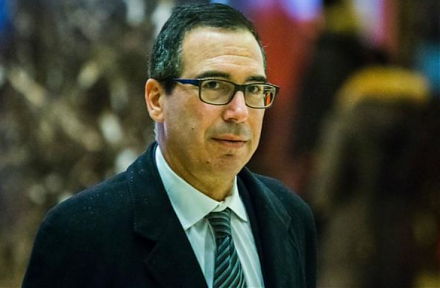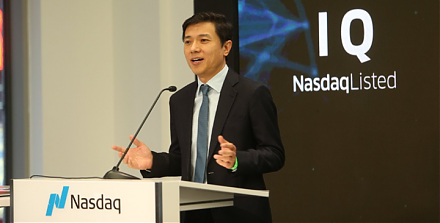

2019-03-27 11:28:00 Wed ET
federal reserve monetary policy treasury dollar employment inflation interest rate exchange rate macrofinance recession systemic risk economic growth central bank fomc greenback forward guidance euro capital global financial cycle credit cycle yield curve
OECD cuts the global economic growth forecast from 3.5% to 3.3% for the current fiscal year 2019-2020. The global economy suffers from economic protraction and uncertainty amid the recent Sino-U.S. trade and Brexit standoffs. Moreover, OECD downgrades real GDP growth rates from 6.5% to 6% for China and from 1.5% to 1% for Europe. The Chinese Xi administration attempts to assuage U.S. concerns about the bilateral trade deficit, unfair technology transfer, and intellectual property protection. Meanwhile, the British May administration seeks to delay Brexit to buy extra time for a plausible second referendum on whether the U.K. should leave the European trade bloc. These trade issues can cloud macroeconomic momentum in Europe and East Asia.
Several chief economists recommend the European and Asian central banks not to follow the Federal Reserve interest rate hikes too soon. To the extent that these non-American central banks decelerate the global financial cycle with less hawkish monetary policy adjustments, Europe and East Asia can insulate themselves from volatile exchange rates, stock market gyrations, and cross-border capital flows that might arise from the next Federal Reserve interest rate decisions. The subsequent international interest rate increases are likely to reflect recent upticks in consumer confidence, wage growth, and core inflation.
If any of our AYA Analytica financial health memos (FHM), blog posts, ebooks, newsletters, and notifications etc, or any other form of online content curation, involves potential copyright concerns, please feel free to contact us at service@ayafintech.network so that we can remove relevant content in response to any such request within a reasonable time frame.
2018-01-15 07:35:00 Monday ET

Treasury Secretary Steven Mnuchin welcomes a weak U.S. dollar amid pervasive fears of an open trade war between America and China. At the World Economic For
2017-07-07 10:33:00 Friday ET

Warren Buffett invests in American stocks across numerous industries such as energy, air transport, finance, technology, retail provision, and so forth.
2018-11-01 08:36:00 Thursday ET

Ford and Baidu team up to test autonomous cars in China. For the next few years, Ford and Baidu plan to collaborate on the car design and user acceptance te
2019-07-23 09:22:00 Tuesday ET

Harvard economic platform researcher Dipayan Ghosh proposes some alternative solutions to breaking up tech titans such as Facebook, Google, Apple, and Amazo
2020-08-26 10:33:00 Wednesday ET

Through purposeful leadership, senior managers inspire teams to reach heights of both innovation and profitability with great brand identity and customer lo
2017-05-13 07:28:00 Saturday ET

America's Top 5 tech firms, Apple, Alphabet, Microsoft, Amazon, and Facebook have become the most valuable publicly listed companies in the world. These